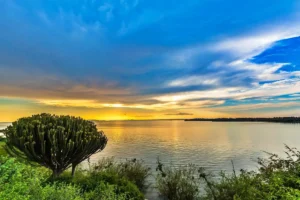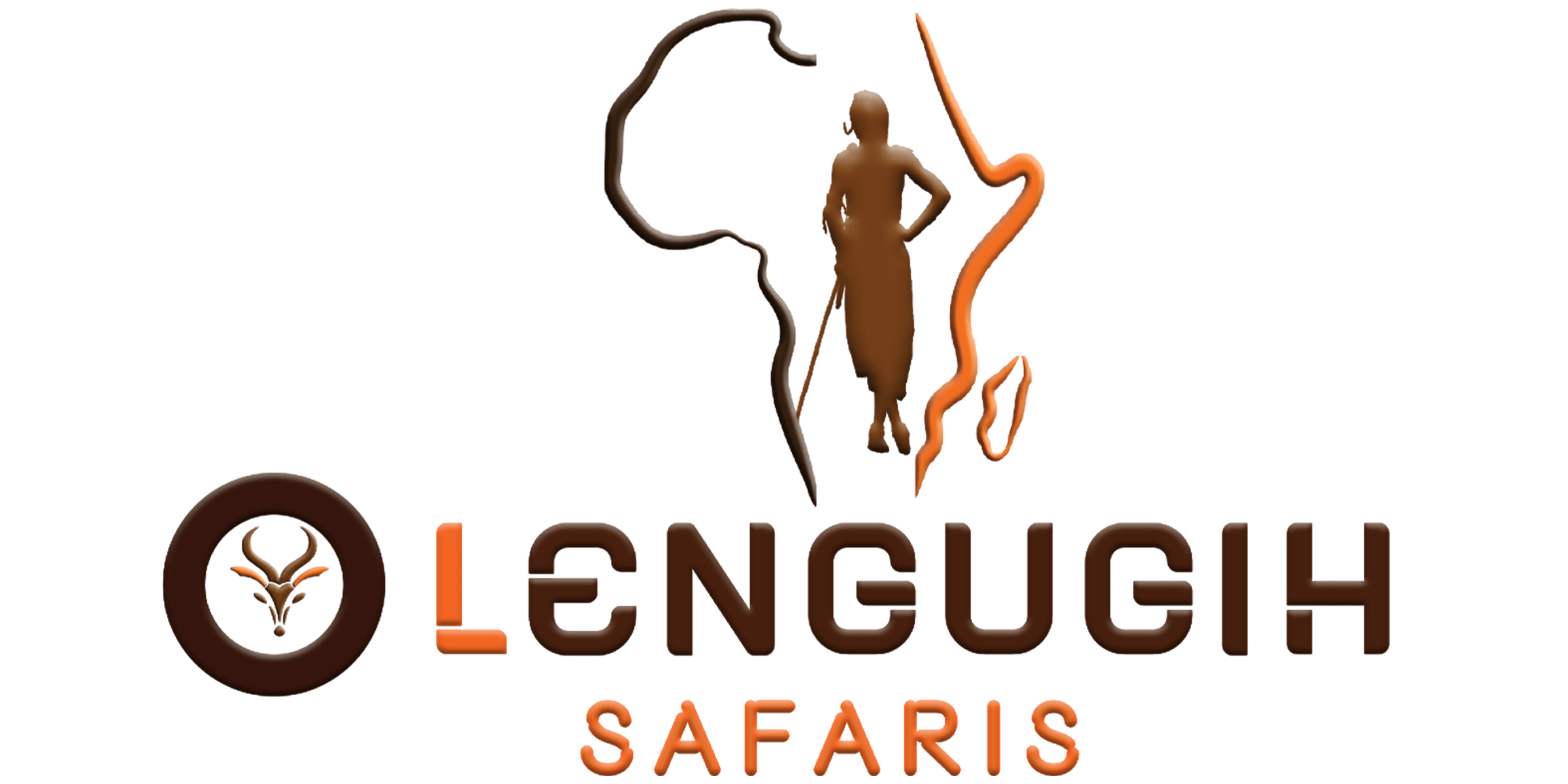Lake Victoria is the largest lake in Africa and the second-largest freshwater lake in the world by surface area. It is shared by three countries: Kenya, Uganda, and Tanzania. The lake spans over 68,800 square kilometers and plays a vital role in the region’s economy, ecology, and daily life.
Lake Victoria lies within the East African Rift Valley and feeds into the Nile River. It serves as a key water source for millions of people. The lake supports agriculture, fishing, transport, and tourism. Major cities along its shores include Kisumu in Kenya, Entebbe in Uganda, and Mwanza in Tanzania.
The lake is home to hundreds of fish species, including the famous Nile perch and many types of cichlids. Its surrounding wetlands support birds, reptiles, and other aquatic life. However, invasive species, pollution, and overfishing have threatened its delicate ecosystem.
Fishing is the main economic activity around the lake. It provides food and income for local communities. Lake Victoria is also central to the cultural identity of many communities who live along its shores.
Tourists visit Lake Victoria for boat rides, birdwatching, and cultural experiences. Islands like Ssese (Uganda) and Rusinga (Kenya) offer peaceful getaways and scenic views. The lake’s calm waters and rich history make it a top destination for eco-tourism and relaxation.

WhatsApp us
